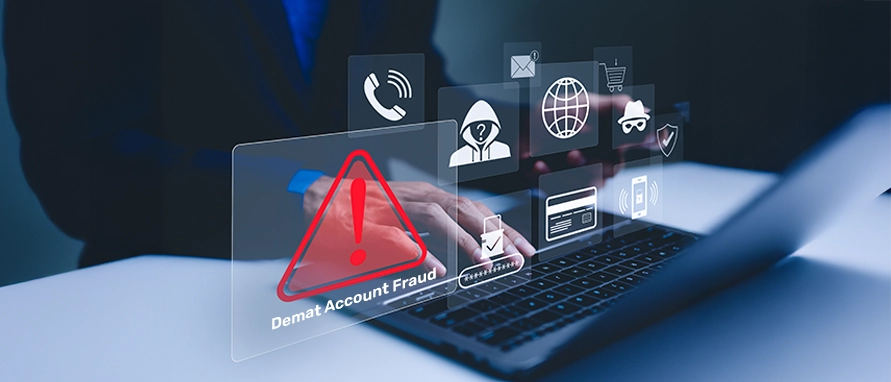Simple but consistent precautions can reduce your exposure to most fraud risks:
Enable Two‑Factor Authentication and Secure OTP
Two-factor authentication (2FA) adds an extra verification layer. After entering your password, you’ll need to approve login via a time-based OTP or an authenticator app. Many brokers now support 2FA for demat login. Avoid sharing OTPs—even if the message appears legitimate.
Use Strong Passwords and Regular Updates
Your demat account password should include a mix of uppercase and lowercase letters, numbers and special characters. Avoid common words or personal information. Update your password regularly and never use the same one across multiple platforms.
Verify Communications and Avoid Phishing
Always cross-check messages or emails claiming to be from your stockbroker or depository. Avoid clicking on unfamiliar links. Official communications will never request confidential details or instant action.
Secure Your Devices and Networks
Use a personal firewall and ensure your system has up-to-date antivirus protection. Avoid transacting on public or unsecured Wi-Fi networks. Keep your operating system and apps updated to prevent malware exploitation.
Monitor Account Activity Regularly
Check transaction history, demat holdings and trade notifications frequently. Any unfamiliar activity, such as a change in linked email or mobile number, should be flagged and reported immediately.



.jpeg)












